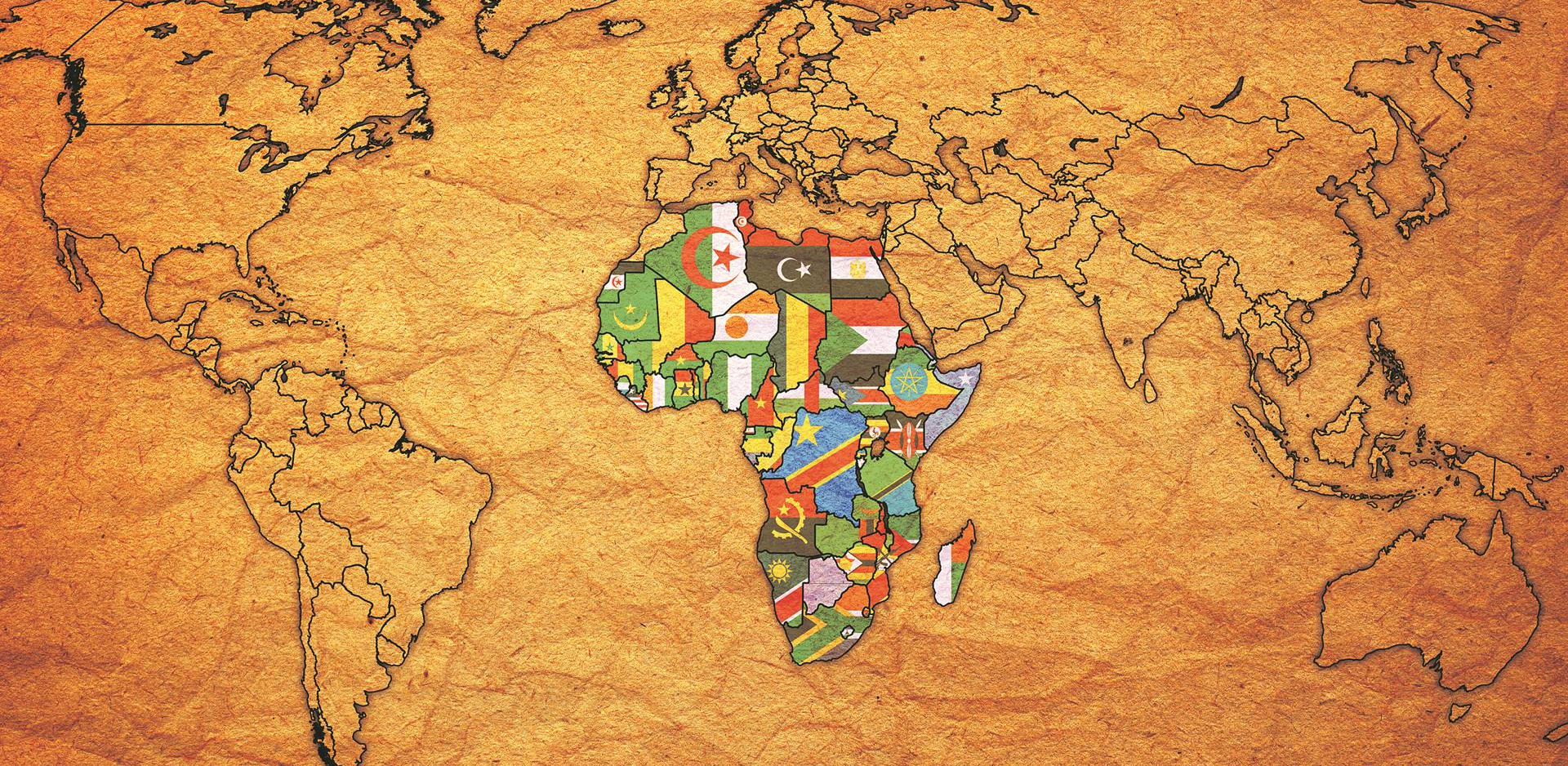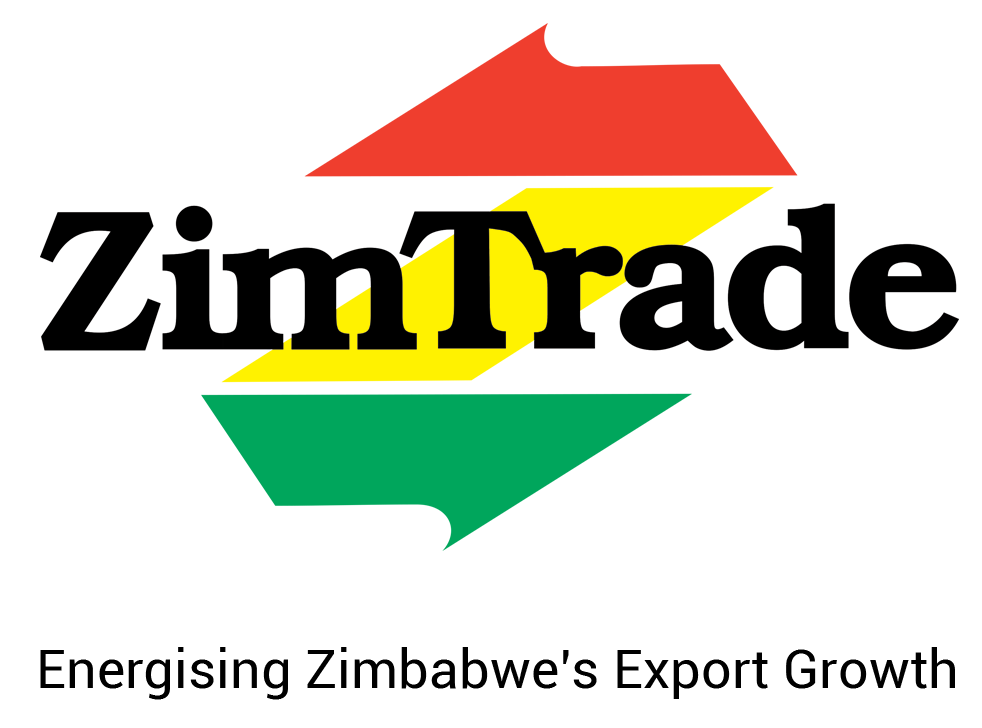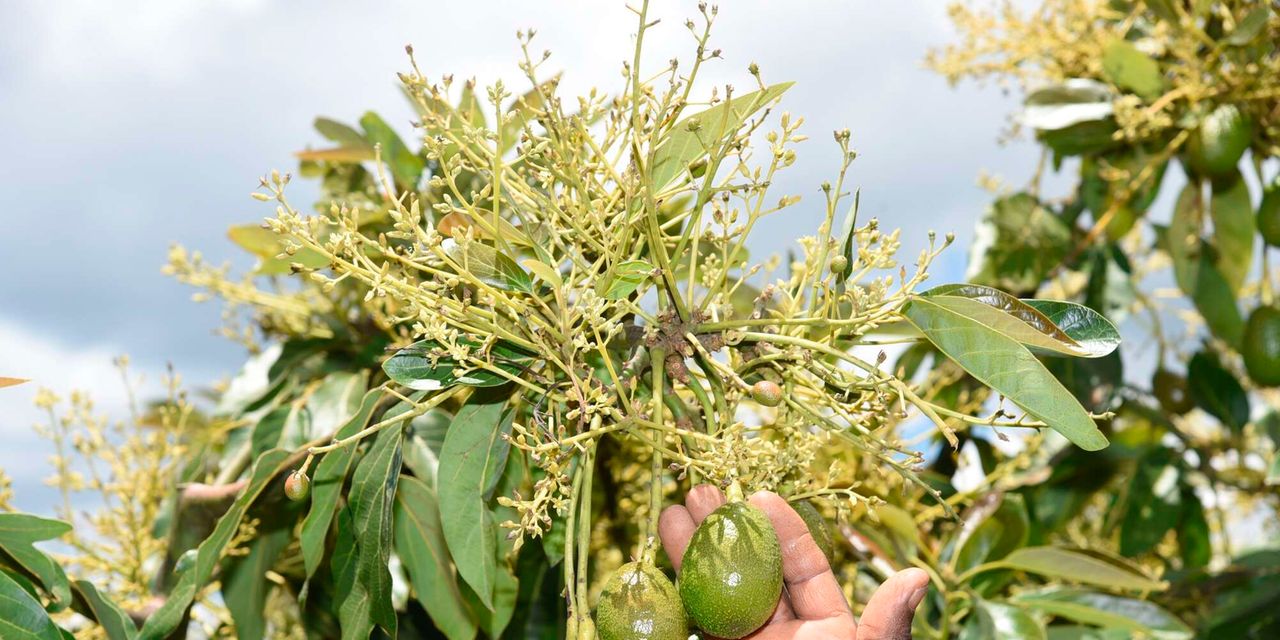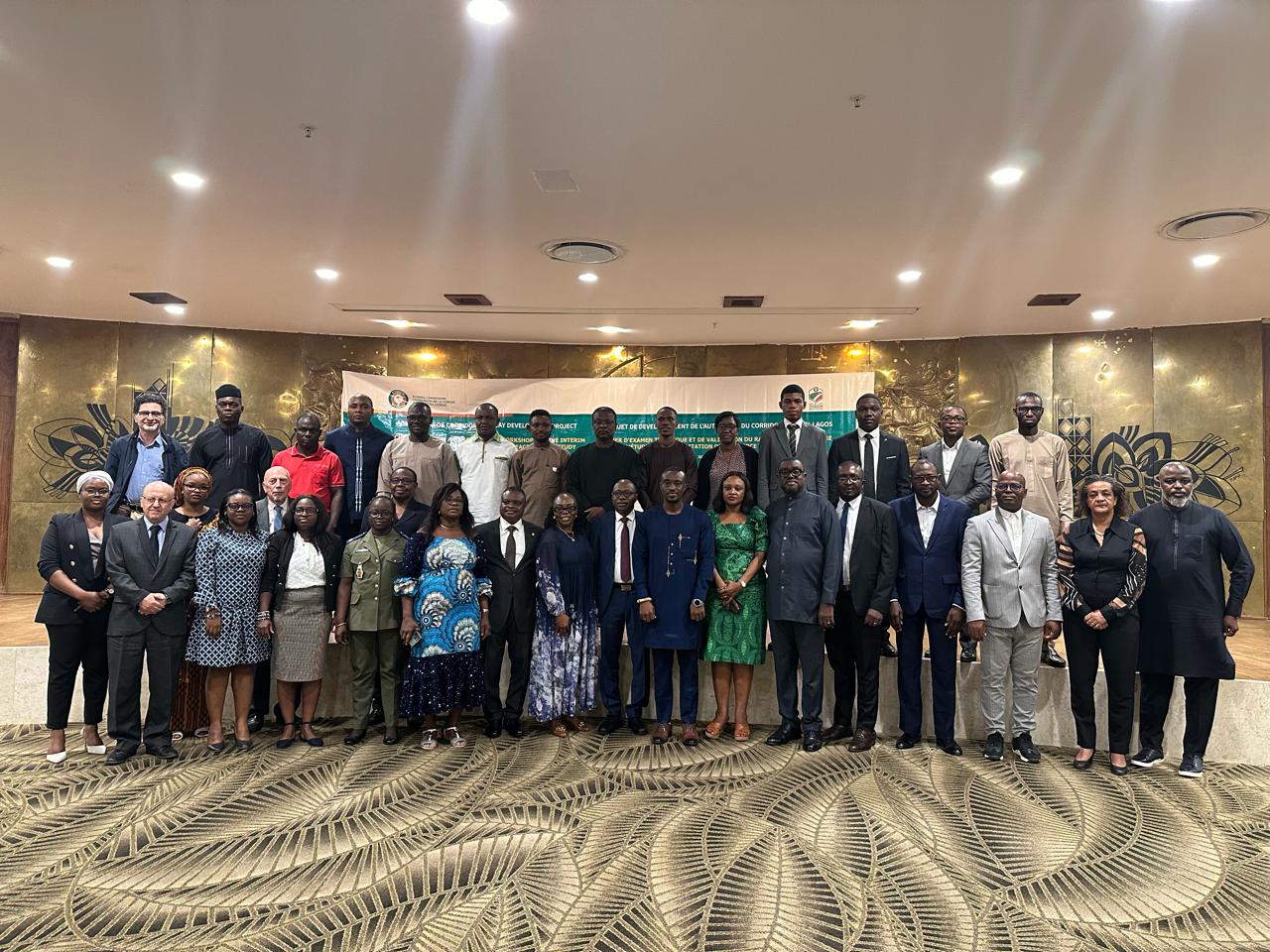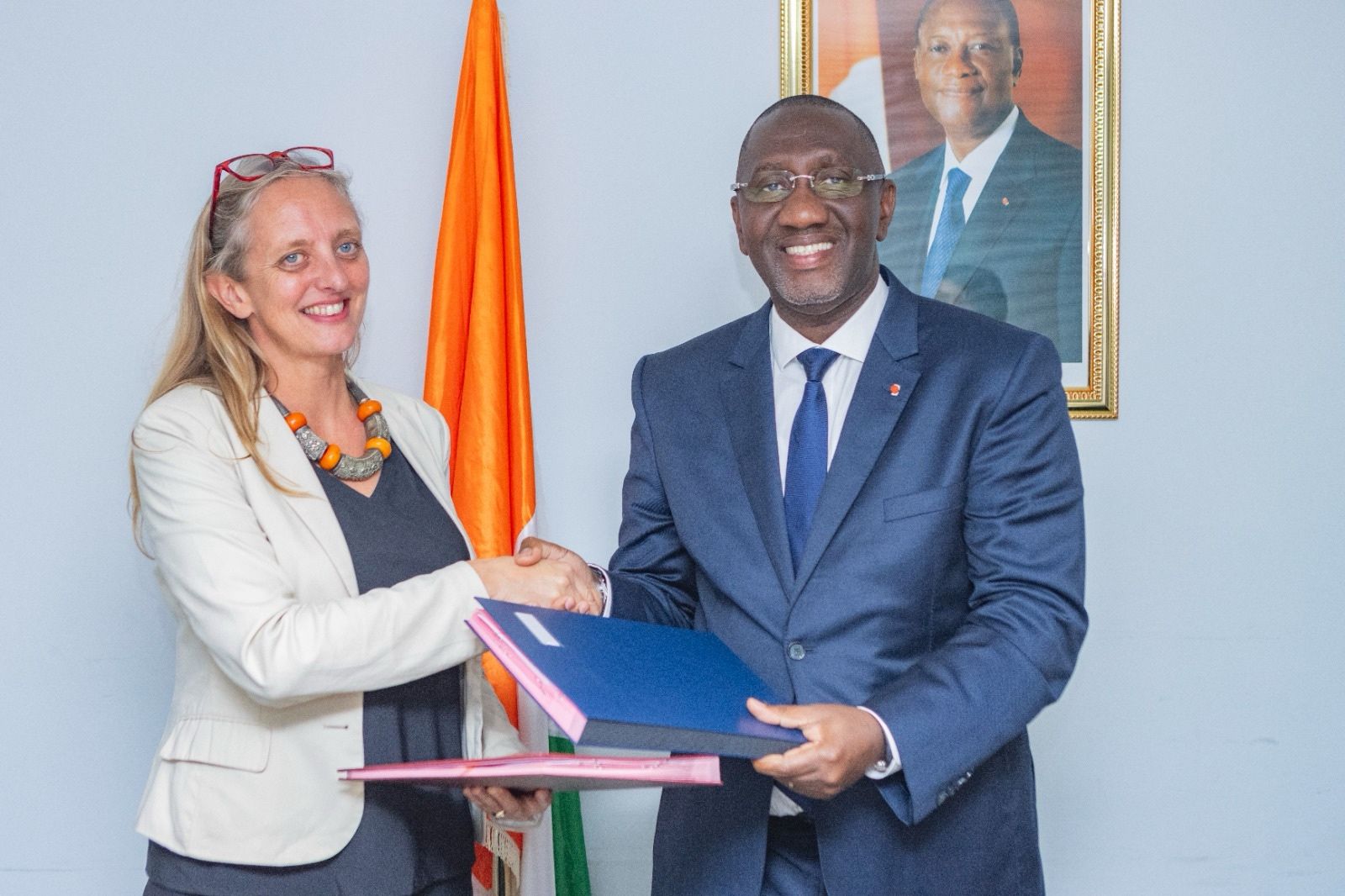Trade Catalyst Africa (TCA) a nommé Mme Antoinette Tesha au poste de Directrice des investissements. Dotée d'une solide expérience dans les domaines de l'investissement, de la finance, de la banque et du développement, Antoinette apporte plus d'une décennie d'expertise à TCA, positionnant l'organisation sur la voie de la croissance. Antoinette a récemment dirigé le programme régional de textile et d'habillement de Gatsby Africa au Kenya, en se concentrant sur la croissance des exportations en Afrique de l'Est. Sa carrière distinguée couvre plusieurs régions et rôles, depuis ses débuts à la Stanbic Bank en Tanzanie jusqu'à des postes de direction à Thomson Reuters et ABSA Capital en Afrique du Sud. Elle a excellé dans les marchés financiers, le financement du développement et les marchés des capitaux d'emprunt, et a fait ses preuves dans la gestion de programmes et le développement d'entreprises. Dans ses nouvelles fonctions, Antoinette contribuera à diriger les partenariats stratégiques de TCA dans les domaines de l'investissement d'impact, du capital-risque et du capital-investissement. Elle apporte une expérience de premier ordre dans la gestion des investissements et des sorties sur les marchés émergents afin d'obtenir des rendements commerciaux. Antoinette est une administratrice d'entreprise certifiée et un membre de Women in Africa Investments, avec des diplômes de l'Université du Sussex et de l'Université du Surrey. Le PDG de TCA, M. Duncan Onyango, a déclaré à propos de cette nomination : "Nous sommes convaincus que l'expérience diversifiée et la passion d'Antoinette seront les moteurs de notre succès : "Nous sommes convaincus que...
Trade Catalyst Africa désigne Antoinette Tesha comme directrice des investissements
Posted on: July 12, 2024
Posted on: July 12, 2024



